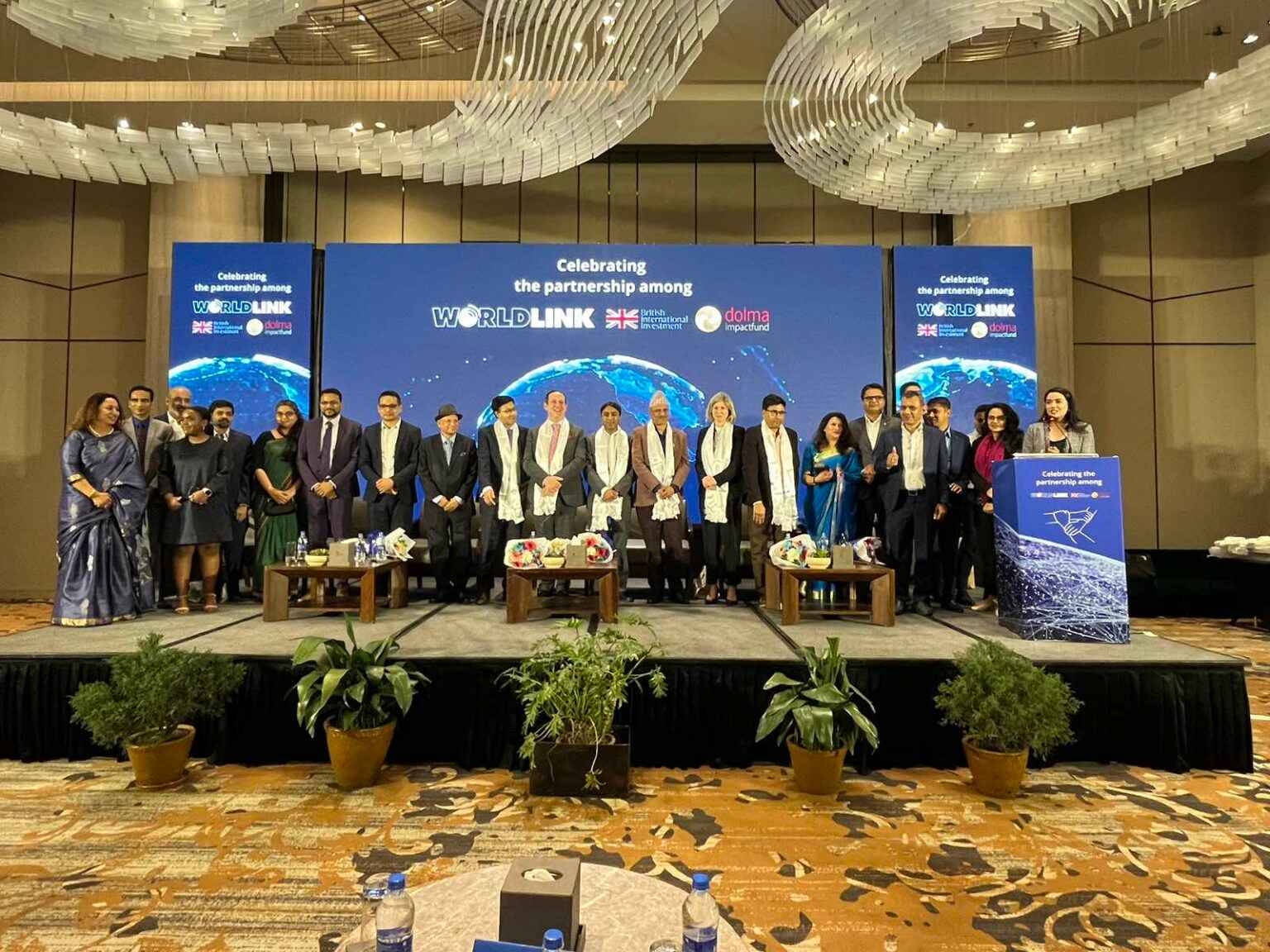Money & Finance

WorldLink Communications, one of Nepal's leading internet service providers, has secured a Series B investment of Rs 1.98 billion from two foreign investors. British International Investment (BII) and Dolma Impact Fund II (DIF II) have invested Rs 1.08 billion and Rs 900 million respectively in the company.
This is one of the biggest foreign investments in Nepal's internet sector to date, bringing WorldLink's total foreign investment to Rs 3.33 billion ($27.2 million). BII had previously invested Rs 1.35 billion in WorldLink in October 2019.
The company plans to use the funds to accelerate its internet expansion activities across the country, especially in rural areas.
WorldLink currently has more than 750,000 customers and employs around 5,500 staff. The investment is expected to create an additional 1,000 jobs and provide skill enhancement training for the employees.
The investment will also support WorldLink's skill development and training programmes and improve its health and safety standards.
WorldLink's Chairman and Managing Director Dileep Agrawal said he was committed to transforming WorldLink into an international level company and thanked the investors for their trust in the company.
British Ambassador Nicola Pollitt praised the investment as a key factor in sustainable economic development in Nepal and said it would help support households and businesses throughout the region with increased internet access.
"I am delighted to see BII continue its support to WorldLink as they strive to provide increased internet access across the country," she said.
Abhinav Sinha, managing director and head of technology and telecoms at BII, said that BII's second investment will help WorldLink expand its reach to remote areas in Nepal with reliable and affordable internet service.
"This expansion will create more job opportunities and stimulate growth within the local economy," Sinha said.
Professor Tim Gocher OBE, founder and CEO at Dolma Fund Management, the manager of DIF II, said that Nepal's digital industry is the country's best chance at a short-term economic leap and this investment will enable more areas to participate in the global digital economy, resulting in better access to health, education, financial, and business-to-business services.






